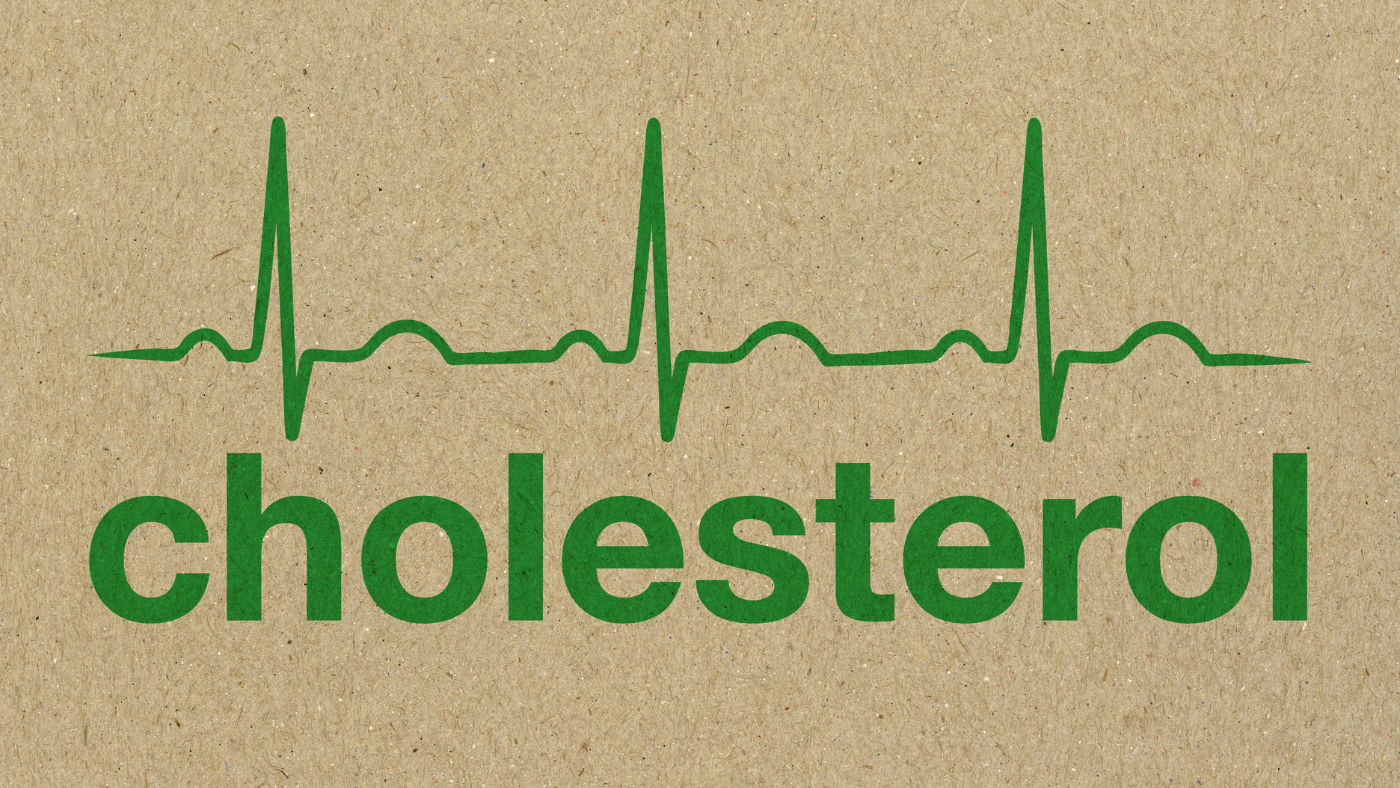
Cholesterol—do you understand what it is and why it matters to your health? At Knox County
Community Health Center, our practitioners care about your health. Understanding what
cholesterol is and how you can take charge of your heart health is important!
What is Cholesterol?
Cholesterol is a waxy, fat-like substance found in your body. It is essential for your health. It
helps make hormones, aids in the digestion of fatty foods, and builds cells. It travels through
your bloodstream in two main forms: LDL (low-density lipoprotein) and HDL (high-density
lipoprotein). LDL is commonly called “bad” cholesterol and high levels of LDL can lead to heart
disease.
LDL Cholesterol is often referred to as “bad” cholesterol. LDL carries cholesterol
particles from your liver to the cells. High levels of LDL can lead to the buildup of plaque
in the arteries, which increases the risk of heart disease.
HDL Cholesterol is known as the “good” cholesterol. It carries cholesterol away from
your arteries and back to the liver for removal from your body, which lowers your risk of
heart disease.
Take Charge of Your Heart Health!
Now that we know what cholesterol is and how it functions in your body, here are some
practical steps you can take to take charge of your heart health:
Eat a Balanced Diet. A heart-healthy diet is needed to fight against high cholesterol.
Incorporate plenty of fruits and vegetables, whole grains, lean proteins, and healthy fats
like those found in nuts, avocados, and olive oil. Limit fried foods and saturated fats.
Eat Fiber. Fiber, found in foods like beans, oats, lentils, and fruits, can help lower LDL
cholesterol levels.
Exercise. Cardio and weight-bearing exercise helps your body in many ways, including
cholesterol levels. Aim for at least 150 minutes of moderate intensity exercise each
week (walking or running briskly, swimming, cycling, weights).
Watch your Weight. A healthy weight can lead to better cholesterol levels. Excess
weight, especially around the belly area, is often associated with higher LDL cholesterol.
Limit your sugar. Especially those found in sugary drinks, desserts, and processed
foods.
Healthy fats. Move to eating healthy fats, like salmon, nuts, seeds, olive oil, full fat
dairy, coconut and coconut oil, eggs, avocados, cheese, and chia seeds.
Smoking and Alcohol. Limit alcohol to no more than two drinks for men and one drink for women, per
day (or less). Stop smoking, as it damages blood vessels, reduces HDL levels, and
increases the risk for heart disease.
Cholesterol Testing. Get your cholesterol levels tested every 5 years or yearly if you
have any risk factors.
Understanding cholesterol and its role in your body is the first step to taking better care of your
heart health. Eating a balanced diet, exercising, maintaining a healthy weight, and other
changes can keep your cholesterol levels in check. As always, our practitioners are here to help
you on your health journey. Your heart will thank you!